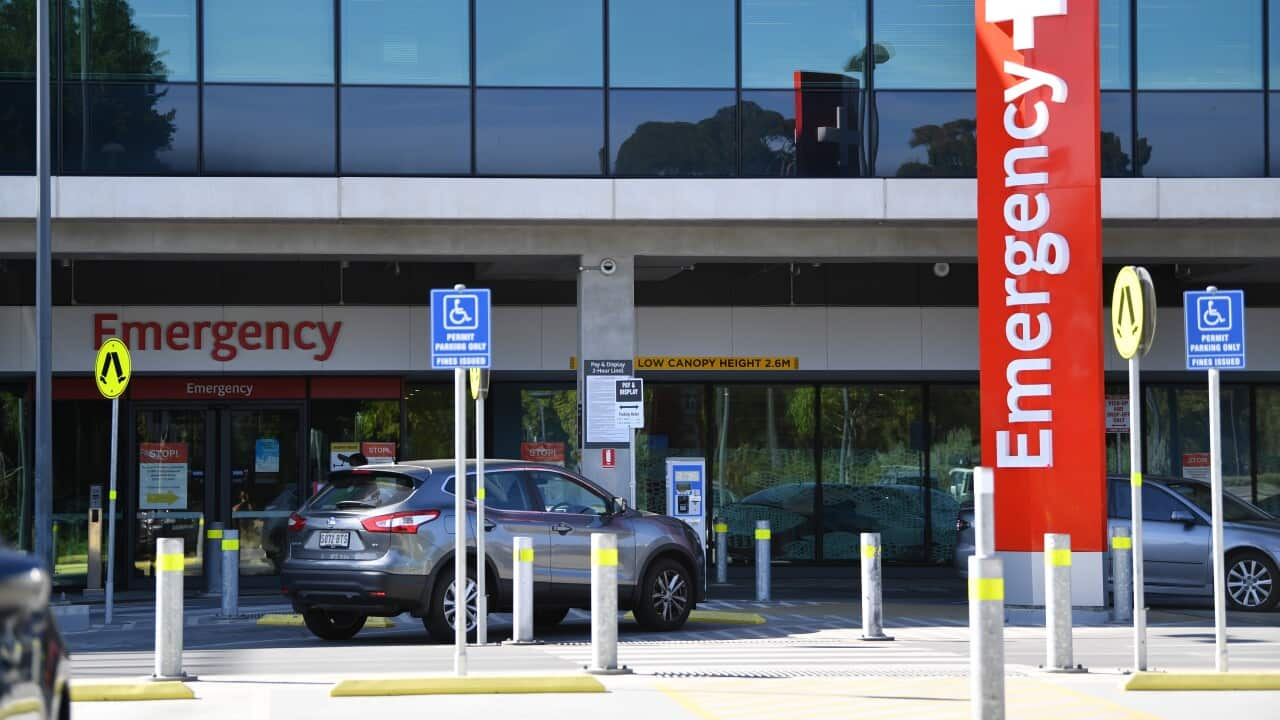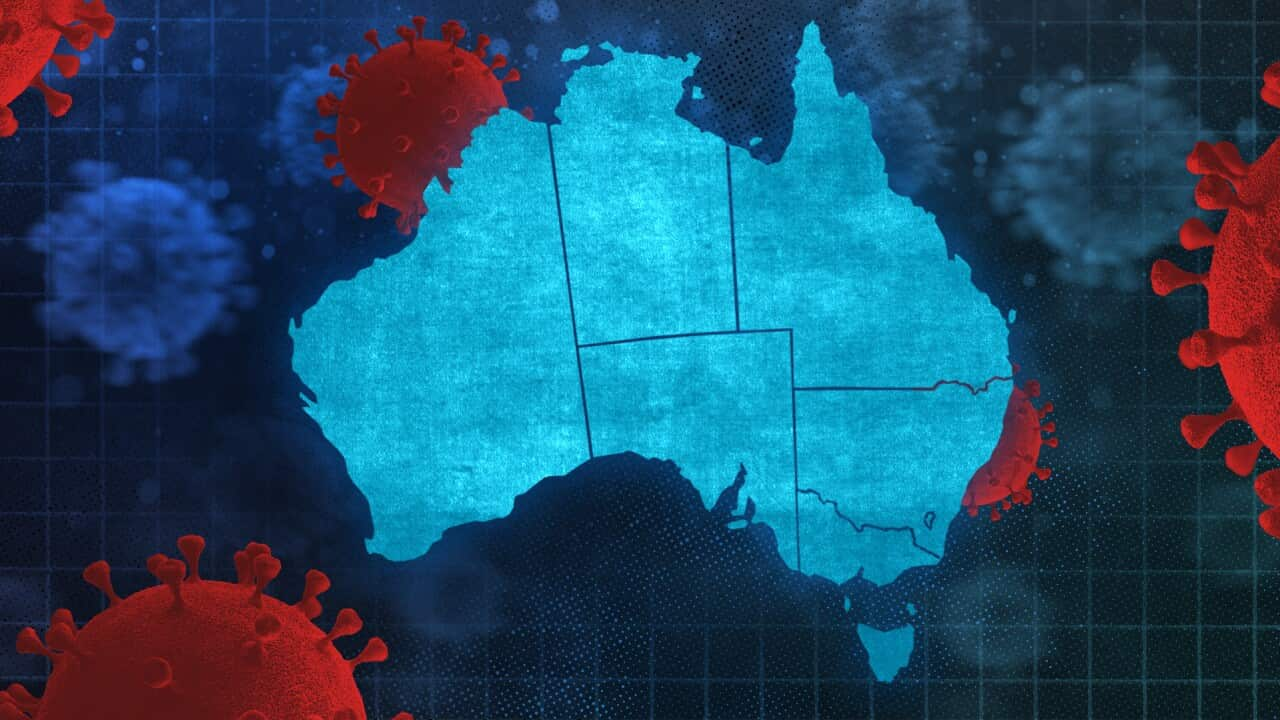More cases of so-called long COVID-19 are emerging across Australia with people suffering a range of debilitating symptoms, some for 12 months or more.
The development has prompted authorities to introduce support systems, with South Australia opening three special clinics to bring teams of multi-disciplinary physicians together.
One of those clinics, at the Royal Adelaide Hospital, has had referrals from 100 patients in the past three weeks.
It comes as the states and territories reported a combined total of 47,634 new COVID-19 infections and 49 deaths on Tuesday.
can be diagnosed if a patient continues to experience symptoms, such as fatigue, shortness of breath, or brain fog, 12 weeks after the acute infection and if those symptoms continue for another two months.
But people are being advised to see their GP even if symptoms persist for more than four weeks.
Infectious disease consultant Renjy Nelson said SA started to put a team together to investigate long COVID-19 after patients who contracted the virus on the Ruby Princess cruise ship continued to suffer six months after they were infected.
"Long COVID is certainly an entity we need to be aware of," he said.
"It's in fact now being addressed as the long COVID pandemic because of the sheer numbers."
The SA clinics bring together a range of clinicians, including cardiologists, neurologists, respiratory physicians, rheumatologists, renal physicians, general medicine physicians as well as allied health physicians including physiotherapists, exercise physiologists and psychologists.
Dr Nelson said most patients experiencing long COVID-19 presented with a range of symptoms and those inflicted could range from the very young to the very old.
The condition could strike regardless of whether a person had underlying health conditions and regardless of how severe their initial virus symptoms were.
In some cases, long COVID-19 was also exacerbating underlying conditions such as cardiac issues.
Dr Nelson said the full impact of long COVID-19 in Australia would become clearer in the next few months following the big rise in virus cases towards the end of 2021 and through the early months of 2022.
But he said there was some evidence to suggest the country's high vaccination rates would help reduce the overall impact of the syndrome.
He said studies also showed that the large majority of people suffering long COVID-19 would recover within six to 12 months.
"We certainly have patients who still haven't recovered even after the 12 months mark," he said.
"I suspect that's going to be a very small proportion of patients, but the mechanism of this is still evolving."
SA's move came as the latest figures showed almost 20 million Australian adults were now fully vaccinated against COVID-19.
The federal government's Operation COVID Shield reports that 19.7 million people are fully jabbed - or 95 per cent of people aged 16 or older.
Almost 13.5 million people have had a booster shot, or 69.4 per cent of the eligible population, while 706,824 adults have had a fourth shot.
Victoria reported 18 COVID-19-related deaths on Tuesday, while there were 17 fatalities in NSW, six in Western Australia, three in Queensland, three in South Australia, one in Tasmania, and one in the ACT.
A further 12,722 new COVID-19 cases were recorded in Victoria; Western Australia reported 12,390 fresh infections; there were 10,321 in NSW; 6,566 in Queensland; 3,283 in South Australia; 1,021 in Tasmania; 987 in the ACT, and 344 new coronavirus cases in the Northern Territory.
There are 1,538 patients with COVID-19 in NSW hospitals, including 55 in intensive care units (ICU); some 519 people are hospitalised in Victoria, including 34 in ICU, and 456 people with the virus are in Queensland hospitals, including 14 in ICU.
Some 286 people with COVID-19 are hospitalised in Western Australia; there are 222 patients in South Australian hospitals, including six in ICU; 73 people are hospitalised in the ACT, including five in ICU; 40 people are in Tasmanian hospitals, including one in ICU, and there are 34 patients with COVID-19 hospitalised in the Northern Territory.





